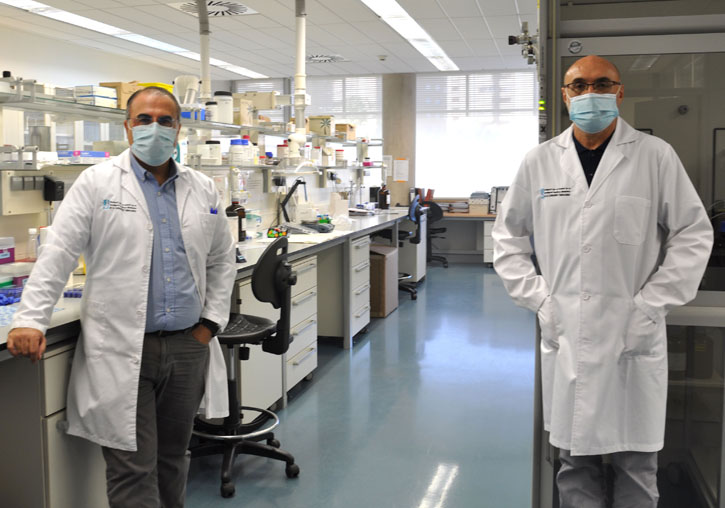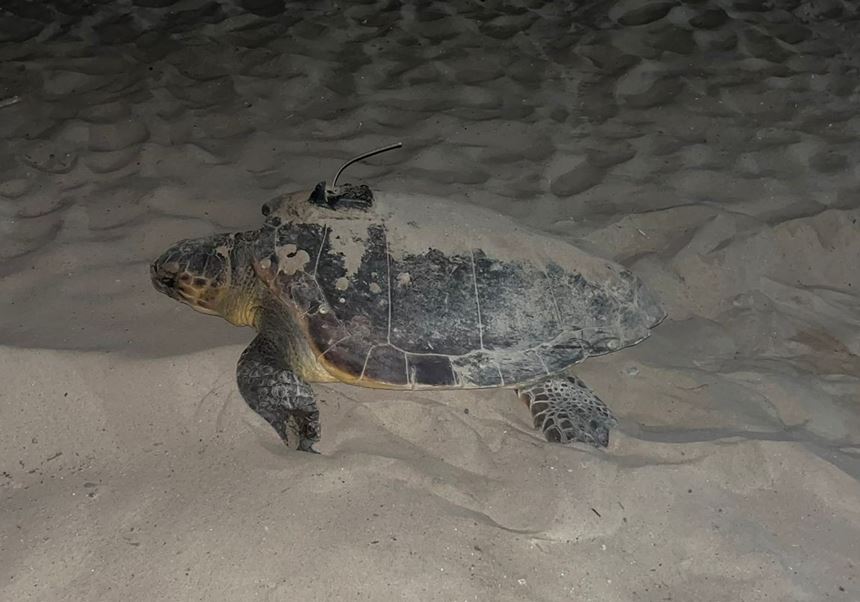The University of Valencia and FISABIO study the presence of SARS-CoV-2 in the indoor air of university classrooms and outpatient clinics
- Scientific Culture and Innovation Unit
- November 16th, 2020

Researchers from the University of Valencia (UV) and the Foundation for the Promotion of Health and Biomedical Research of the Valencian Community (FISABIO) have presented the AIRCOV project for the detection of the SARS-CoV-2 virus in the indoor air of university classrooms and outpatient clinics. The proposal, which will start in January, will investigate the presence of the coronavirus in aerosols and its possible link with air quality.
The results of the study will make it possible to formulate management proposals to reduce the possibilities of contagion in indoor public spaces such as university classrooms and primary care centres.
The group of researchers, led by Vicent Yusà, Salvador Garrigues and Xavier López, will analyse the levels of coronavirus in these spaces, will evaluate different methods for catching the virus and will study possible correlations between the presence of SARS-CoV-2 and certain quality parameters of indoor air.
“This pilot project aims to investigate the presence of coronavirus in the indoor air of these centres, to promote a better understanding of transmission by aerosols and establish elements of health management in university teaching and in the safety of primary care centres that help to protect the health of teaching staff, students, patients and health personnel, and reduce the risks of transmission”, says Vicent Yusà, associate professor of the Department of Analytical Chemistry of the University of Valencia and head of the Food Safety Research Area of FISABIO.
According to Salvador Garrigues, professor of Analytical Chemistry at the UV, “different methods of capturing the virus, in suspended particles and on surfaces, will be evaluated and indirect parameters that could predict exposure to the virus will be established”.
The research team will use four types of samplers that capture all the particulate matter (aerosols). For each unit, the different air quality parameters such as CO2, CO, suspended matter, relative humidity and volatile organic compounds (VOC) will be measured.
The research will be carried out in university classrooms of the Faculty of Chemistry of the Burjassot-Paterna Campus of the University of Valencia, in which the collection of samples will be carried out in two moments of the teaching day: prior to the entry into the classroom of the first students group; and at the end of the school day.
In primary care centres, three types of areas will be established for sampling: areas with the presence of patients; exclusive areas for health personnel; and areas for the general public. Samples will be taken at the beginning of the day (virus-free environment) and at the end of the day.
“We are going to transfer our experience in detecting the COVID-19 virus in human samples to its detection in environmental samples such as aerosols”, says Xavier López, from FISABIO’s virology laboratory.
The results of the study will make it possible to formulate management proposals to reduce the possibilities of the presence of coronavirus in the indoor air of these types of centres, which can also be extrapolated to other indoor public spaces.
Annex photo: Xavier López.
File in: Investigació a la UV , Grups de recerca , Difusió i comunicació científica , Internacionalització recerca , Facultat de Química , Química Analítica



















